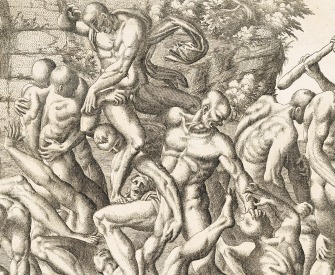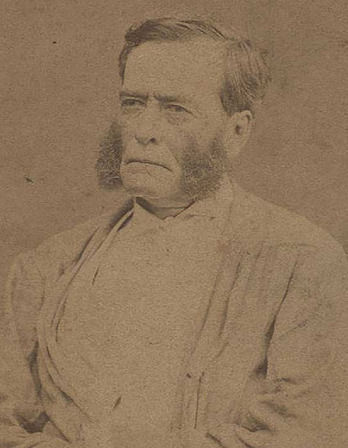A boy needs both physical and moral courage. Neither can take the place of the other. When boys become men they will find out that there are some soldiers very brave in the field who have proved timid and worthless as politicians, and some politicians who show an entire readiness to take chances and assume responsibilities in civil affairs but who lack the fighting edge when opposed to physical danger. In each case, with soldiers and politicians alike, there is but half a virtue. The possession of the courage of the soldier does not excuse the lack of courage in the statesman, and even less does the possession of the courage of the statesman excuse shrinking on the field of battle. Now, this is all just as true of boys. A coward who will take a blow without returning it is a contemptible creature; but, after all, he is hardly as contemptible as the boy who dares not stand up for what he deems right against the sneers of his companions who are themselves wrong. Ridicule is one of the favorite weapons of wickedness, and it is sometimes incomprehensible how good and brave boys will be influenced for evil by the jeers of associates who have no one quality that calls for respect, but who affect to laugh at the very traits which ought to be peculiarly the cause for pride.
There is no need to be a prig. There is no need for a boy to preach about his own good conduct and virtue. If he does he will make himself offensive and ridiculous. But there is urgent need that he should practice decency; that he should be clean and straight, honest and truthful, gentle and tender, as well as brave. If he can once get to a proper understanding of things, he will have a far more hearty contempt for the boy who has begun a course of feeble dissipation, or who is untruthful, mean, dishonest, or cruel, than this boy and his fellows can possibly in return feel for him. The very fact that the boy should be manly and able to hold his own, that he should be ashamed to submit to bullying without instant retaliation, should in return make him abhor any form of bullying, cruelty, or brutality.
The boy can best become a good man by being a good boy—not a goody-goody boy, but just a plain good boy. I do not mean that he must love only the negative virtues; I mean he must love the positive virtues also. “Good,” in the largest sense, should include whatever is fine, straightforward, clean, brave, and manly. The best boys I know—the best men I know—are good at their studies or their business, fearless and stalwart, hated and feared by all that is wicked and depraved, incapable of submitting to wrongdoing, and equally incapable of being aught but tender to the weak and helpless. A healthy-minded boy should feel hearty contempt for the coward and even more hearty indignation for the boy who bullies girls or small boys, or tortures animals. One prime reason for abhorring cowards is because every good boy should have it in him to thrash the objectionable boy as the need arises.
Of course the effect that a thoroughly manly, thoroughly straight and upright boy can have upon the companions of his own age and upon those who are younger is incalculable. If he is not thoroughly manly, then they will not respect him, and his good qualities will count for but little; while, of course, if he is mean, cruel, or wicked, then his physical strength and force of mind merely make him so much the more objectionable a member of society. He cannot do good work if he is not strong and does not try with his whole heart and soul to count in any contest; and his strength will be a curse to himself and to everyone else if he does not have thorough command over himself and over his own evil passions, and if he does not use his strength on the side of decency, justice, and fair dealing.
In short, in life as in a football game, the principle to follow is: Hit the line hard; don’t foul and don’t shirk, but hit the line hard!
In his youth Theodore Roosevelt was frail, asthmatic, and nearsighted, receiving his primary education from private tutors until he entered Harvard College in 1876. In 1897, a year before he organized the volunteer cavalry regiment that became known as the Rough Riders, Roosevelt declared in a speech, “No triumph of peace is quite so great as the supreme triumphs of war.” He assumed the presidency upon the assassination of William McKinley in 1901 and won the presidential election of 1904.
Back to Issue





